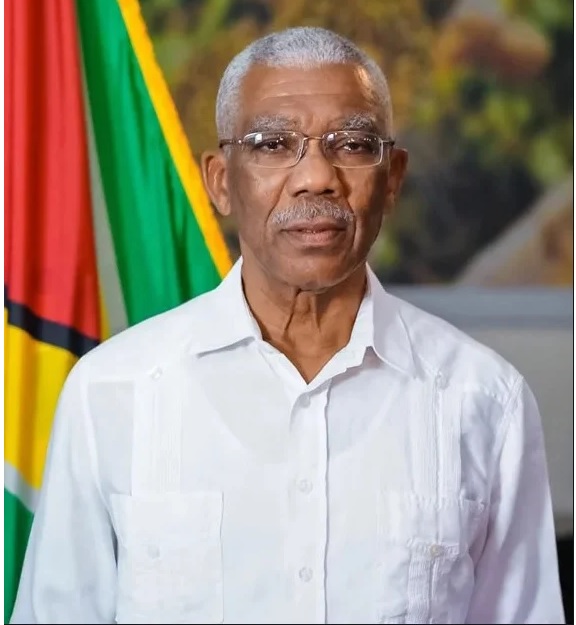Having declared that CARICOM was the most “important interlocutor” on Guyana’s elections, caretaker President David Granger will now have to say where he stands on the report of its observer team which stated yesterday that the recount of the March 2nd elections provides a basis for the long-awaited declaration of a result.
Up to press time, Granger and his APNU+AFC, who have argued that the March 2nd elections were not credible, maintained silence on the CARICOM report.
On May 18, Granger told reporters that he considered CARICOM a reliable partner in Guyana’s development stressing that the community was competent to scrutinize the recount process.
“I am very confident in CARICOM’s integrity and ability and I would just like to repeat what the Ambassador of Barbados (to the OAS, Noel Lynch said) that CARICOM is the most legitimate interlocutor on the Guyana situation. I am inspired by that remark and I share the sentiment that CARICOM is the most important interlocutor on the Guyana situation,” Granger said after a visit to the recount centre.
He added that “CARICOM was here before, as you know… and is a reliable partner in our development and they are … competent to do what they came here to do. I am obliged to work with the CARICOM team….”
The President in making this statement set up the Community as a more legitimate commentator on the legitimacy of the 2020 Elections in contrast to other international observer groups such as the Organization of American States.
Despite Granger’s repeated suggestion of the legitimacy of an opinion from CARICOM his government’s nominee to the Guyana Elections Commission (GECOM) yesterday sought to downplay the importance of the team’s report.
“The CARICOM report is a basic electoral report. I don’t think the CARICOM people…had access to the death information or the immigration information that we do… I mean they had the allegation but not the reports that we have and so we have a basic electoral report,” Commissioner Vincent Alexander told reporters following a four-hour meeting of the Commission. The meeting which was adjourned without a decision on the way forward continues today.
Alexander noted that while the team’s conclusions could be considered valid based on “what they saw” in his view there are still “serious questions about the credibility given the irregularities that have been found.”
The three-person CARICOM team yesterday submitted a report on the National Recount in which they declared the results “completely acceptable” and said it can be used as a basis for the establishment of a legitimate government.
According to the report while there were irregularities they were not sufficient to have thwarted the will of the people and consequently preventing the election results and its declaration by GECOM from reflecting the will of the voters.
“Many of the instances of irregularities that we witnessed can be explained by either the incompetence of the Presiding Officers at the polling stations on March 02, 2020 and or the failure to give adequate training by GECOM to its staff on the varied possibilities which may have arisen at the level of the individual stations,” they concluded
This conclusion stands in direct contrast to the report submitted on Saturday to the Guyana Elections Commission (GECOM) by Chief Election Officer (CEO) Keith Lowenfield in which he suggested that approximately 60% of the 460,295 votes cast on March 2 could not be validated.
“Consequently, on the basis of the votes counted and the information furnished from the recount, it cannot be ascertained that the results… meet the standard of fair and credible elections,” the CEO concluded.
Both the President and his party have expressed support for Lowenfield’s conclusion noting that he has appropriately performed his duty as detailed in the Order governing the recount. It remains to be seen how they will respond to CARICOM.





